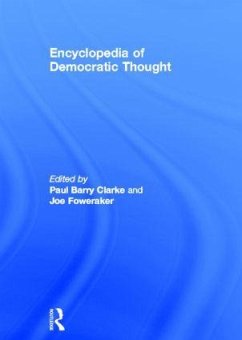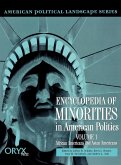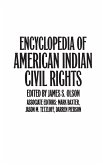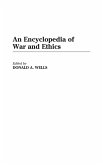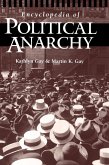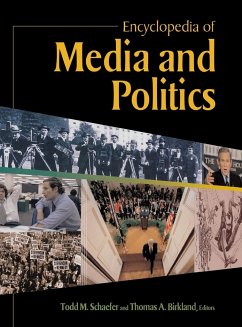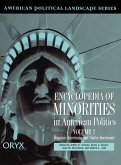Referring both to the established democratic states of Western Europe, North America and Australasia, and to the recent democracies of Latin America, Eastern and Central Europe, Africa and Asia, classical democratic concerns are related to new democracies, and to important changes in the older democracies. Supplemented by full bibliographical information, extensive cross-referencing and suggestions for further reading, the Encyclopedia of Democratic Thought is a unique work of reference combining the expertise of many of the world's leading political scientists, political sociologists and political philosophers. It will be welcomed as an essential resource for both teaching and for independent study, and as a solid starting point both for further research and wider exploration. Consultant Editors Oscar Arias, Former President of Costa Rica, Nobel Peace Prize Winner David Beetham, University of Leeds,UK Jean Blondel, European University Institute, Florence,
Containing almost 200 entries the Encyclopedia of Democratic Thought explores all the ideas that matter to democracy.It is destined to become the first port-of-call for all students, teachers and researchers of political science.
Hinweis: Dieser Artikel kann nur an eine deutsche Lieferadresse ausgeliefert werden.
Containing almost 200 entries the Encyclopedia of Democratic Thought explores all the ideas that matter to democracy.It is destined to become the first port-of-call for all students, teachers and researchers of political science.
Hinweis: Dieser Artikel kann nur an eine deutsche Lieferadresse ausgeliefert werden.

